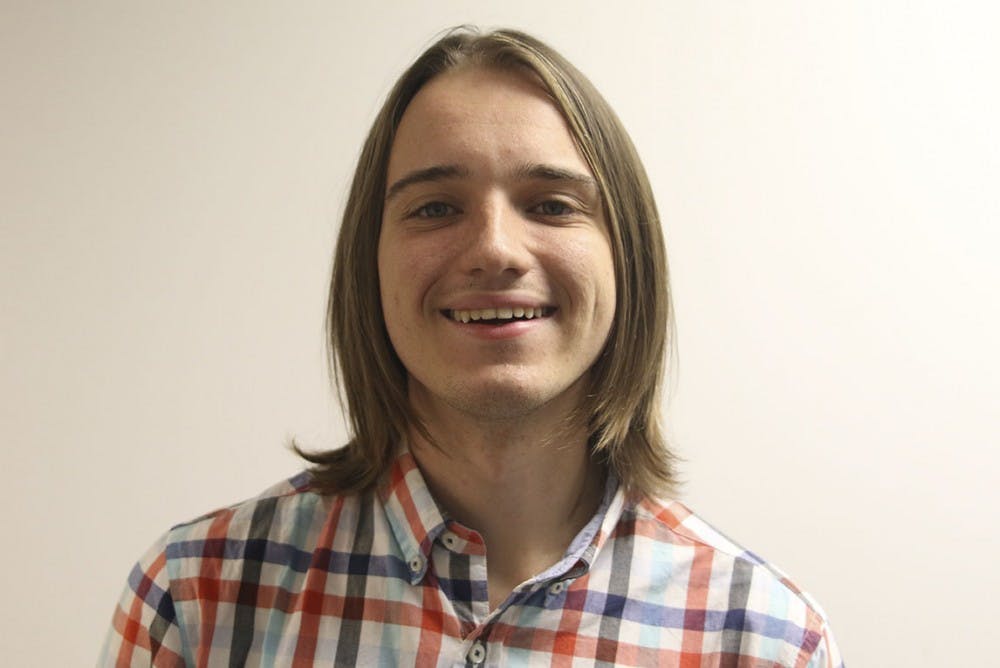A5: There probably isn’t one.
Q6: Are you going to defend the genre? Choose your own adventure — A3 or A6.
A6: Yes. Body horror is revolting, but it hints at a subliminal horror lurking inside us all. The source of terror is not external, rebuffing the horror habit of monsters, ghouls and serial killers. We fear the internal threat of changing and becoming itself. Body horror targets the fear of transforming that derives from a desire for selfhood. We see ourselves as the originators of our actions, fixating on our own sense of agency. Body horror acknowledges that the self is always in a state of transforming and becoming something new. It challenges the premise of big-L Liberal society by critiquing the stability of the individual and the self.
Q7: What’s the point of this pseudo-intellectual babble? Choose your own adventure — A5 or A7.
A7: Selfhood and individuality are political. In our atomized world of entrepreneurs, social media and egomaniac politicians, politics, from the left to the right, has fought to ensure the individual has the opportunities they need. My concern is that the fixation on the self has harmed us. It has blinded us to the need for a collective politics that prioritizes the community over the individual. An alternative politics, call it socialism, Marxism, autonomous living, whatever, needs to deal with the fear of changing, of becoming part of something other than the self.
We must embrace contamination and change as it is the precondition to imagining a communal style of living. Otherwise, we will continue to be trapped in the terror of the present.
To get the day's news and headlines in your inbox each morning, sign up for our email newsletters.



